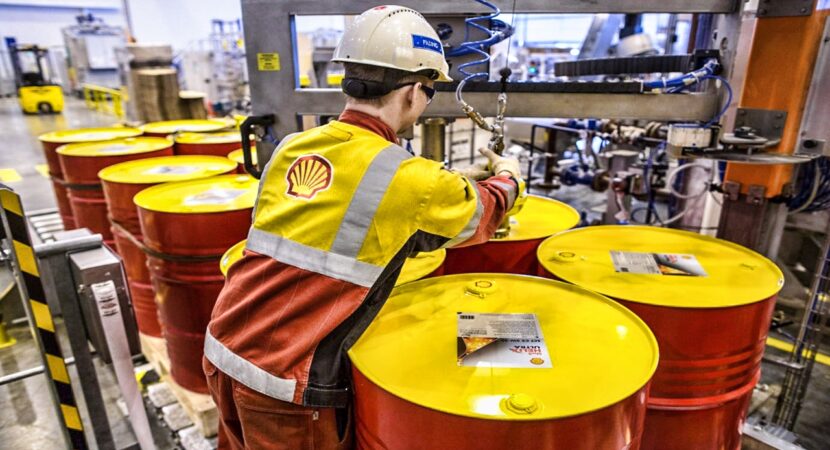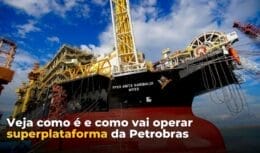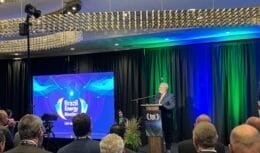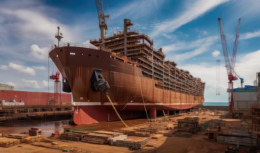
After Petrobras, Shell is the largest oil producer in Brazil, from where it extracts and exports around 400 barrels of crude oil a day, tax free.
After facing legal battles with unions and oil workers, Petrobras carried out yesterday (25/03), the sale of the refinery Refinaria Landulfo Alves – RLAM, in Bahia, for US$1,65 billion, to the Arab fund Mubadala Capital, and who will benefit and monopolize the fuel market in the north and northeast of Brazil is the oil company Shell.
Read also
- Indian group buys oil shipment from the Tupi field, in the pre-salt layer of the Santos Basin (RJ) at an auction from the oil company Shell
- IMMEDIATE hiring: maintenance and operational professionals summoned this morning (26/03) for job openings at a pulp mill
- Votorantim invites candidates with and without experience for 74 job openings at its factories in SP, RJ, MG, PR and other Brazilian states
- 6 vacancies for free qualification and professional updating courses entitled to a monthly stipend of R$120 are offered by the state of Bahia
Due to the pricing policy adopted by Petrobras called Import Parity Price-PPI, the Brazilian market imports large volumes of fuel from refineries in the Gulf of Mexico, which the Dutch multinational owns (and operates) with the Saudi Saudi Aranco.
After Petrobras, Shell is the largest oil producer in Brazil, from where it extracts and exports around 400 barrels of crude oil a day, tax-free.
It is necessary to point out that Shell in partnership with Cosan (50/50), in 2011, created the company Raizen, today the third largest Brazilian company in revenue and one of the world's largest producers of sugarcane ethanol. Cosan, on the other hand, owns the company Ruma Logística, which acquired Ferrovia Norte Sul
Shell may benefit from Ferrovia Norte Sul to import fuels in addition to operating the RLAM for its Arab partners
Current owner of Raizen, Shell consequently also becomes owner of Rumo Logística and Ferrovia Norte Sul. Making it likely that the oil company will import fuel from its refineries in the Gulf of Mexico and distribute it in the north and northeast of Brazil, through the Norte Sul Railway, and returning with grains from the Midwest for export.
According to the former Petrobras economist, Cláudio da Costa Oliveira, the Mubadala Arabs do not operate refineries, causing their partner Shell to operate the RLAM, disfavoring Petrobras and its shareholders and the sovereignty and development of Brazil as an independent country.
For him, the phrase of General Horta Barbosa at the Military Club in 1947 is valid today, more than ever: “Oil is a good for collective use, a creator of wealth. Research, mining and refining are parts of a whole, whose possession ensures economic power and political power, an activity that is intertwined with national sovereignty itself.”













Army summons Brazilians with up to…
Come be a watermelon, you too
Air Force F-16 fighters…
Everything is fine, 100-year secrecy,…
Air Force F-16 fighters…
Well... It's flying scrap... Typical...
Air Force F-16 fighters…
Which genocide are you talking about? Than…
They discover the third largest deposit…
That’s why all foreigners and NGOs…
What is the price?
I would buy it right away without a doubt...
Problem is the evolution of technology, how many years…
Exactly that my brother
Did you say SCAM??? Then ask…
I have high school I can…
I love
People have a vision of China…